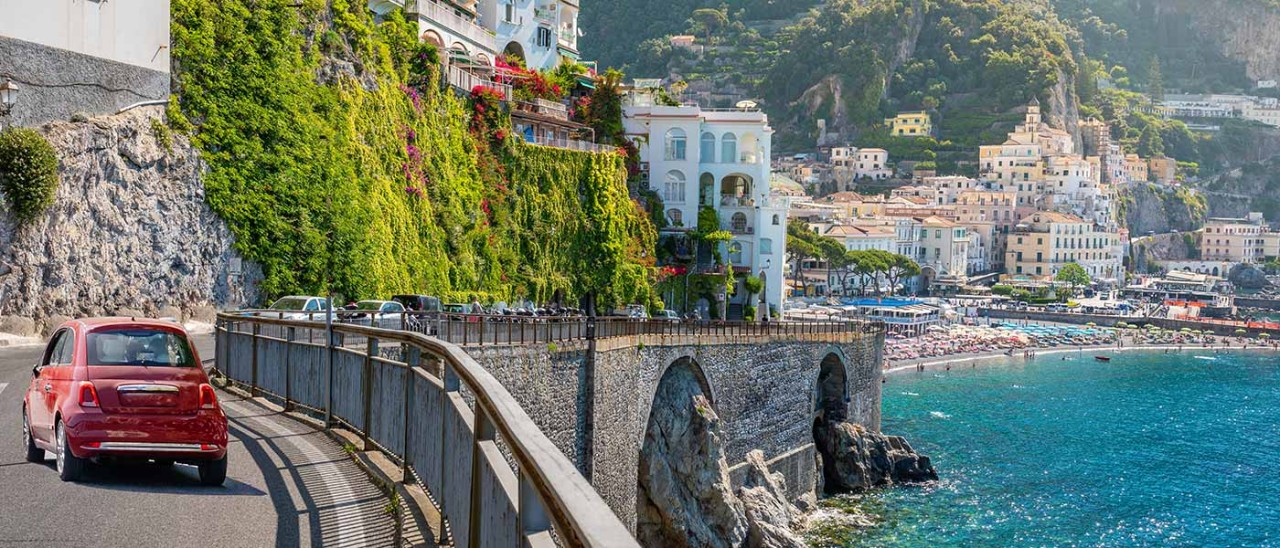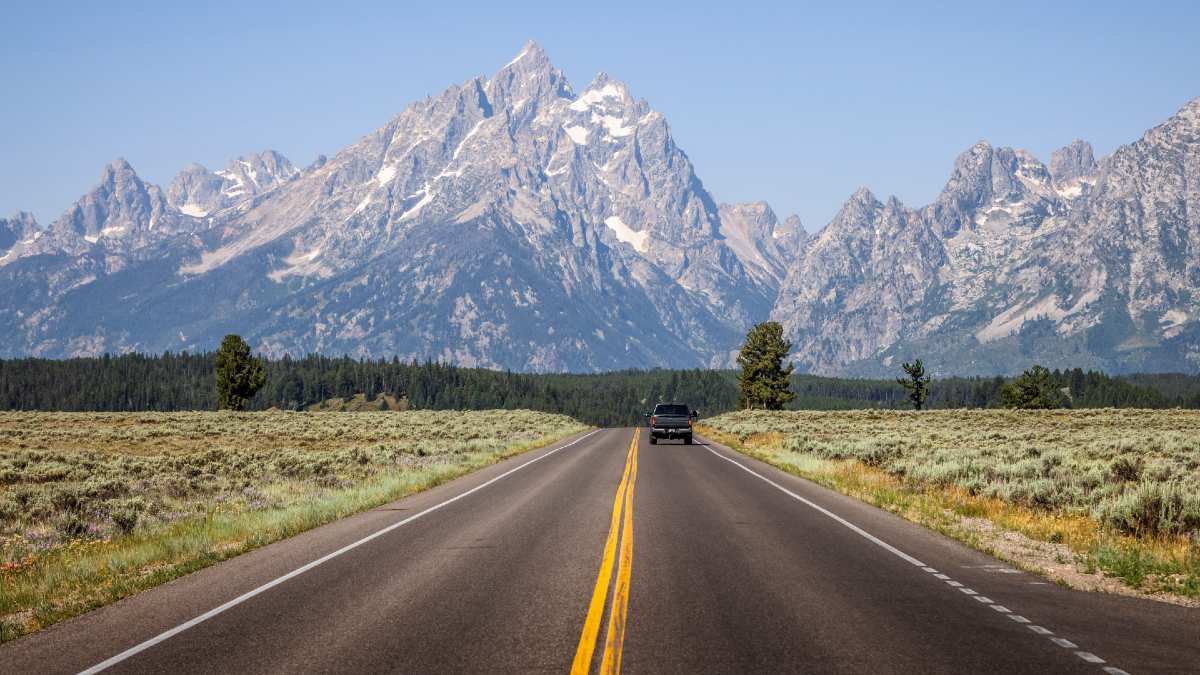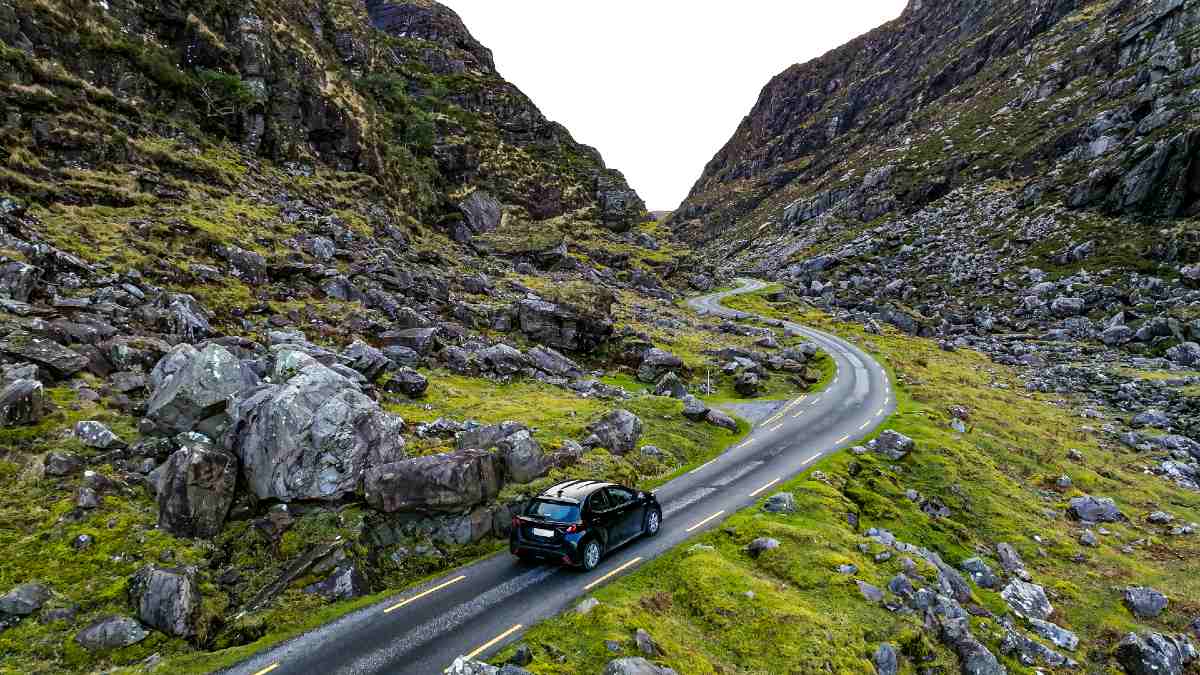Tips and suggestions to minimise jet lag symptoms and maximise your enjoyment of your next international trip.
Driving overseas guide: licences, International Driving Permit, insurance and road rules

An overseas road trip is a great way to explore new countries, but you may find different road rules, driving conditions and licence requirements make it a challenge. Here’s what you need to know to stay safe.
Do you know what an International Driving Permit is, whether you need specific travel insurance for car hire, or whether you can drive a rental car across country borders?
Here are all the things you need to know when planning an overseas road trip.
Driving overseas: what you need to know
Do I need an International Driving Permit (IDP)?
While some countries may allow you to drive with only your Australian driver licence, many others require you to also have an International Driving Permit.
An International Driving Permit (IDP) is a United Nations-sanctioned translation of your Australian licence for driving (or riding a motorbike) in more than 150 countries. It translates your driver licence into nine different languages: English, Spanish, French, German, Russian, Greek, Arabic, Japanese and Chinese.
Driving in a foreign country without a valid licence or following local driving laws could come with a hefty fine or even jail time. Always check the local rules before getting behind the wheel.
It's important to note that an IDP is a sanctioned translation and not valid on its own; it needs to be accompanied by your current hard copy Australian driver licence photo card.

You need an International Driving Permit for go-karting in Japan. Images: Getty
Which countries require an IDP?
Every country has its own rules about whether an IDP is legally required.
For the most up-to-date list of countries requiring an IDP, consult the Australian Automobile Association (AAA). Their directory can provide guidance for countries requiring a permit, but applicants should contact the embassy or consulate of the country they intend to visit to confirm the status of the permit.
Even if the country itself doesn't require you to have an IDP, you should also check whether you need an IDP to hire a car from your chosen rental company. You should also find out if you need an IDP to rent a motorbike or go-kart, as is the case if you want to drive Tokyo streets Mario-Kart style.
How do I get an IDP?
To be eligible for an IDP, you need to be at least 18 years old and have a current Australian driver licence. IDPs can’t be issued to drivers with learner permits.
The only authorised distributer of IDPs for Australian driver licence holders is the Australian Automobile Association (AAA). The motoring club in your state or territory can also process the application on your behalf.
To apply, you’ll need a current Australian driver's licence plastic photo card, plus a recent passport-sized colour photo of yourself against a plain white background. You’ll also need a Visa or Mastercard: the IDP costs $51 plus postage.
Head online to complete your application, which is quick, easy and convenient. Your IDP will be delivered to your home address: just make sure you allow time for delivery before you head overseas.
If you require an IDP urgently, you can also purchase one in person through the state and territory motoring clubs. Please ensure you bring your valid passport photo and current driver's licence photo card with you. Some RACV shops can also take the required photo for an additional cost.

In some countries, like the US, you'll be driving on the left-hand side of the road.
Do I need specific travel insurance for car hire?
If you’re hiring a car overseas, consider ensuring that your hire includes full car hire insurance coverage. Read the fine print and note the excess amount and any exclusions.
Car hire companies’ insurance usually comes with a large excess in the case of an incident. Some companies offer ‘excess buyout’, where you pay the rental company more to reduce or remove the excess. With travel insurance such as RACV Comprehensive Travel Insurance, you can be covered for rental car excess for up to $8,000#. See the Product Disclosure Statement for terms and conditions.
Travel insurance is also necessary in case you are injured overseas and need medical assistance. All RACV international policies come with overseas medical and hospital cover to contribute towards your medical fees. See the Product Disclosure Statement for terms and conditions.
#Conditions apply.
How are road rules different overseas?
Road rules can vary greatly from country to country. You should familiarise yourself with the local road rules wherever you intend to drive.
Here are some things to consider:
- Driving lane – make sure you know which side of the road to drive on. Many countries drive on the right, including the USA, Canada, and most European countries. Others drive on the left like in Australia, such as New Zealand, the UK, Ireland, Cyprus, Malta, and several countries across Africa, Asia, the Caribbean, and Oceania.
- Speed limits – know how to read speed limit signs and familiarise yourself with any speed limit laws. For example, most city centres in France require a 30km/h speed limit.
- Honking – honking is expected and even polite in some places, but illegal outside non-urgent scenarios in other countries like Finland.
- Headlights – headlights are required to be always switched on in some countries, such as Sweden and Norway.
- Luggage – are you required to carry anything with you? In Spain, for example, you must carry two red warning triangles and a reflective jacket. You must also carry a spare pair of glasses in your car if you have prescription lenses.
- Legal drinking limits – you should never drive drunk, but the legal limit varies and in some countries is zero. In Japan, it’s also illegal to ride in a car as the passenger of a drunk driver.

Make sure you know the road rules and be prepared for some very narrow country roads in the UK.
Can you drive a rental car across country borders?
Whether you can legally drive your rental car across a state or country border depends on your hire car company’s conditions. Read the fine print and ask questions if you’re unsure. It can be helpful to outline your itinerary to the car hire company when making a booking enquiry. Sometimes you may need to pay a cross-border fee or limit how long you’re in another country.
Note that some car hire companies don’t allow their cars on board ferries, such as between islands of a country.
When does an IDP expire?
International Driving Permits are valid for 12 months from the date of issue, or until the expiry date of your Australian driver's licence.
If you’re overseas, you can apply online for a new IDP and have it delivered to an overseas address using international express post or direct courier.
Keep in mind that some countries may require you to apply for a local driver licence if you’re spending an extended time in the country. The overseas driver licensing authority may need your driver's licence history, which you can order from VicRoads for a fee.
The Australian Automobile Association (AAA) is the only authorised body to sell International Driving Permits in Australia. RACV is an authorised sales agent of the AAA. Terms and Conditions apply.
The information provided is general advice only. Before making any decisions please consider your own circumstances and the Product Disclosure Statement and Target Market Determinations. Royal Automobile Club of Victoria (RACV) Ltd AR 001243563 is an authorised representative of the issuer and receives commission for each policy sold or renewed. RACV Travel Insurance Issued by Tokio Marine & Nichido Fire Insurance Co., Ltd ABN 80 000 438 291 AFSL 246 548.
For terms, conditions and exclusions, refer to the Product Disclosure Statement.


